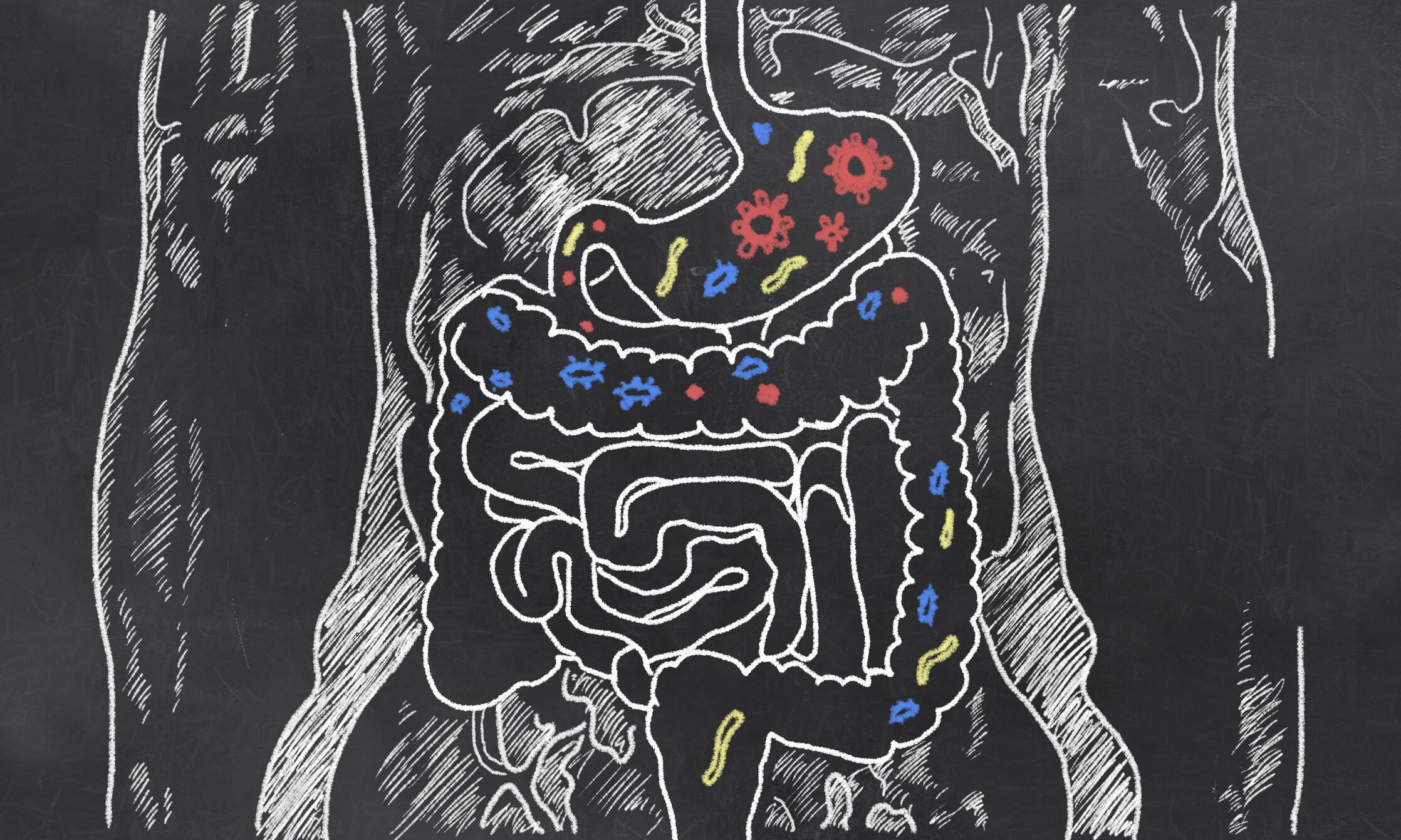Brain functioning is known to naturally decline as we age, and mild cognitive impairment (MCI) is a transitional state when small changes in memory and other mental abilities coexist with normal functioning.
Such declines in functions are often a warning sign of dementia – a term used to describe various different brain disorders that a progressive loss of brain functioning in common.
New data published in Journal of Immunology Research indicated that there are series of species in the gut microbiota that could act as a signature for MCI.
“Our results can be used to guide the development of a microbiota-based diagnosis in the early detection of MCI and subsequent AD [Alzheimer's disease],” stated scientists from the Third Xiangya Hospital of Central South University in China. “Additionally, the new-found alterations in the bacteria of MCI cases may provide clues for a probiotic regimen that could alleviate age-associated cognitive decline.”
Microbiota-gut-brain axis
The study adds to the ever-growing area of research around the microbiota-gut-brain axis, that bi-directional interaction between the gastrointestinal tract and the nervous system. The area is gaining increasing attention from scientists and consumers.
A 2015 review in Neuropsychiatric Disease and Treatment by Linghong Zhou and Jane Foster from McMaster University in Canada noted that the bacteria present in the gut affects the communication between belly and brain, and the lack of healthy gut microbiota leads to dysfunction in the gut–brain axis, which in turn may lead to neuropsychological, metabolic, and gastrointestinal disorders.
The new case-control study, which involved data collection from 22 people with MCI (the cases) and 26 normal/ healthy people (the controls), revealed that there are “abnormalities in the gut microbiota of MCI cases in relation to those of control subjects”.
The China-based scientists used 16S ribosomal RNA (rRNA) quantitative arrays and bioinformatics analysis to assess the microbiota obtained from fecal samples from the participants.
Key findings
The data showed that the gut microbial composition of people with MCI deviated from that of healthy controls. Specifically, the people with NCI showed a reduction in levels of Bacteroides salyersiae and Bacteroides gallinarum, said the researchers. This is consistent with previous reports in people with AD, they added.
“Our findings further corroborate the relevance of the Bacteroides genus in the gut microbiota in relation to neurodegenerative diseases and identified two more species that can be used as potential biomarkers in the early detection of MCI or AD,” they wrote.
In addition, the researchers also found that certain bacterial taxa were found at higher levels in people with MCI, notably Staphylococcus intermedius and Staphylococcus lentus were significantly increased in the MCI group compared to the healthy controls.
“A number of studies have suggested that Staphylococcus is involved in the generation of extracellular amyloid fibers through multiple mechanisms, including the regulation of phenol soluble modulins (PSMs),” they wrote. “The PSMs produced by Staphylococcus have been documented to form amyloid fibers in biofilms.
“To date, most published research has noted the relevance of Staphylococcus aureus; however, our results identified two other species of the same genus, thus expanding the scope for investigating the role played by Staphylococcus in neurodegeneration.”
The need for more research
The data presents interesting correlations between the gut microbiota and MCI, and additional studies are needed to explore such associations in more details.
“This is the first study to identify a signature series of species in the gut microbiota of individuals with MCI. The results provide a new direction for the future development of an early diagnosis and probiotic regimen,” concluded the researchers.
Source: Journal of Immunology Research
Volume 2021 |Article ID 5578958 | doi: https://doi.org/10.1155/2021/5578958
“Elderly Patients with Mild Cognitive Impairment Exhibit Altered Gut Microbiota Profiles”
Authors: Q. Pan et al.


